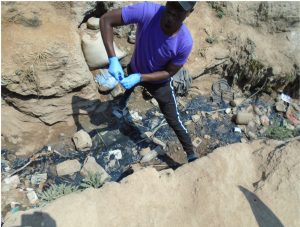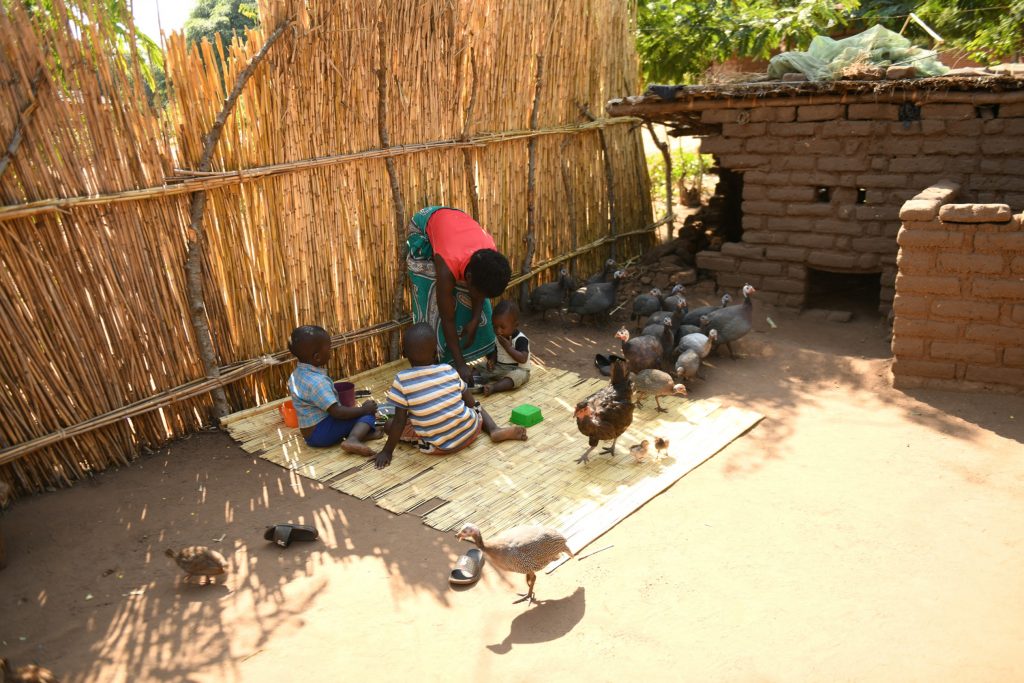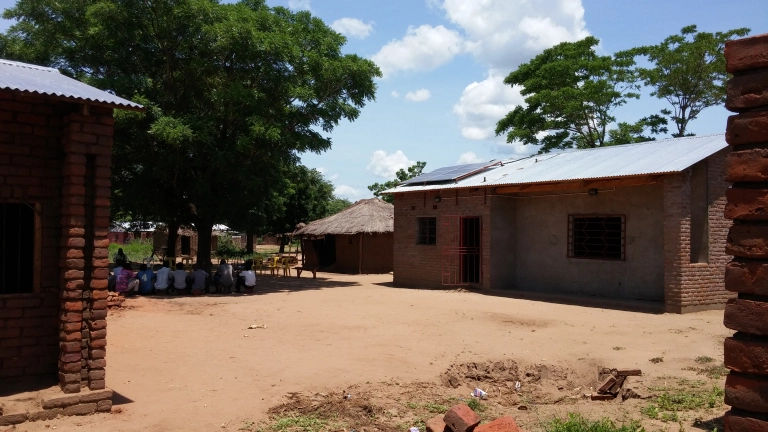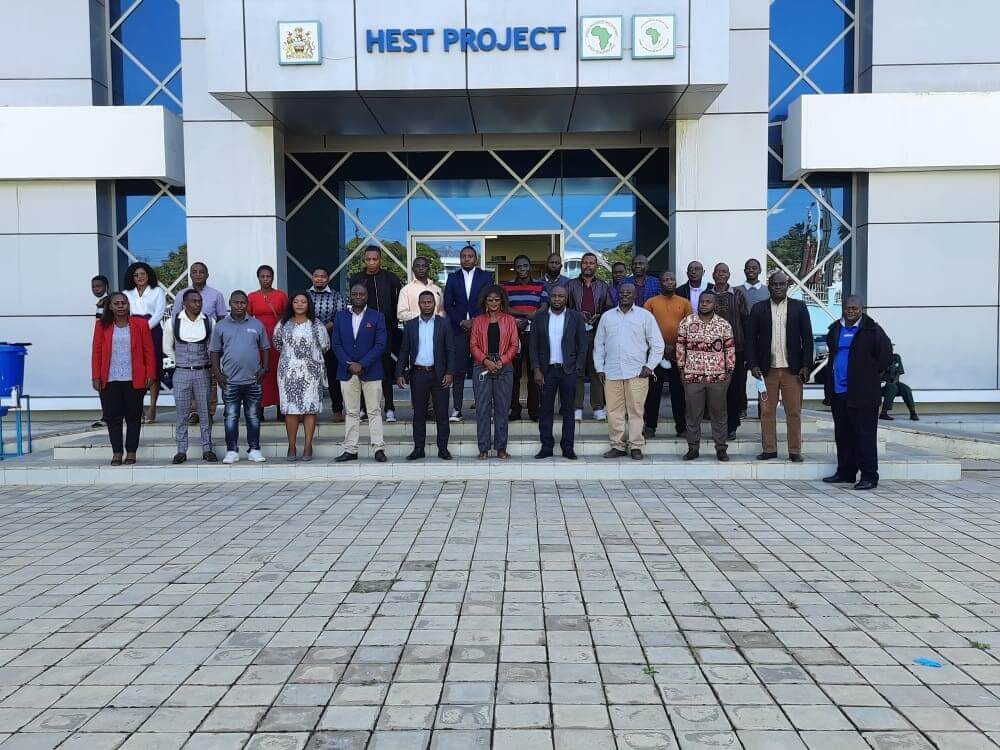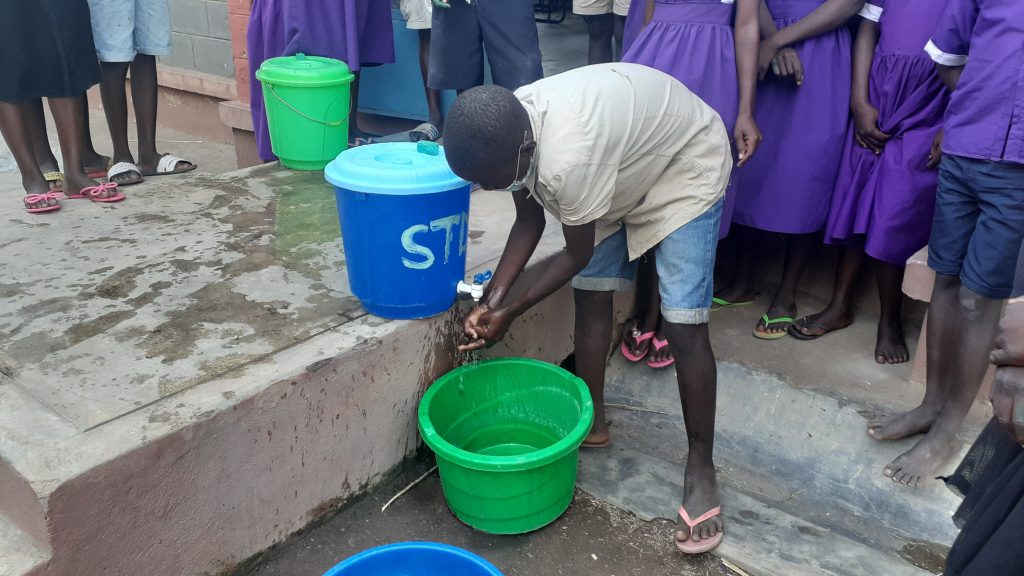The growing threat of antimicrobial resistance (AMR) is well recognised, with low and middle income (LMICs) countries more likely to be more severely affected due to overstretched health systems, existing Water Sanitation and Hygiene (WASH) challenges and poor access to alternative antibiotic regime.
WASHTED in collaboration with Malawi Liverpool Wellcome Trust (MLW) lead by Liverpool School of Tropical Medicine, conducted a study to assess the Drivers of Resistance in Uganda and Malawi (DRUM). The DRUM consortium used a One Health approach to understand how WASH practices and antimicrobial usage in the home, around animals and in the wider environment in urban, peri-urban and rural areas of Uganda and Malawi contributes to the spread of antibiotic resistance in bacteria. In Malawi, the study was conducted in Ndirande, Chileka and Chikwawa from April 2018 to March 2022.
Using both qualitative and quantitative methods, the study worked hand in hand with microbiological surveillance to examine the potential pathways for faecal-oral transmission of ESBL E.coli and ESBL K. Pneumonae blood stream infections, WASH infrastructure, current WASH practices and the drivers of these practices. Cutting edge computational and statistical techniques are currently being used to establish which behaviours are most important. This information will be used to work with policy makers in Uganda and Malawi to identify workable interventions to prevent resistant bacteria from spreading further.
For more details about the study, please visit this page.
The study was funded by Medical Research Council (MRC)
Funding value: £3,046,154
Research outputs:
- Drivers of Resistance in Uganda and Malawi (DRUM)
- Community exposure assessment to anti-microbial resistance (AMR); case study of Malawi
- A novel ESBL colilert system for environmental surveillance of AMR bacteria at markets in LMICs
- Development of a protocol for assessing the role of WASH in AMR distribution in the environment
- The role of environmental health in preventing antimicrobial resistance in low- and middle-income countries



